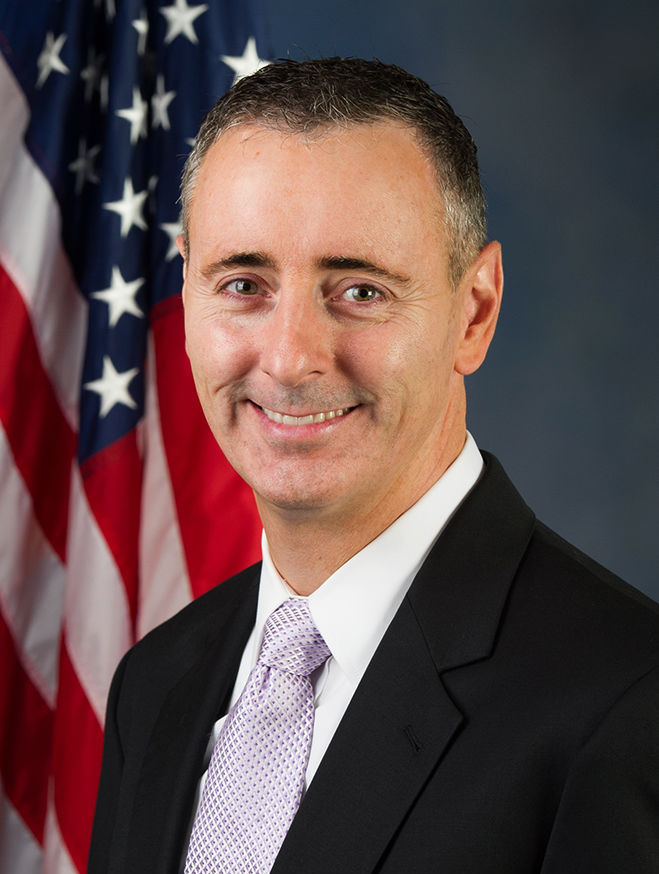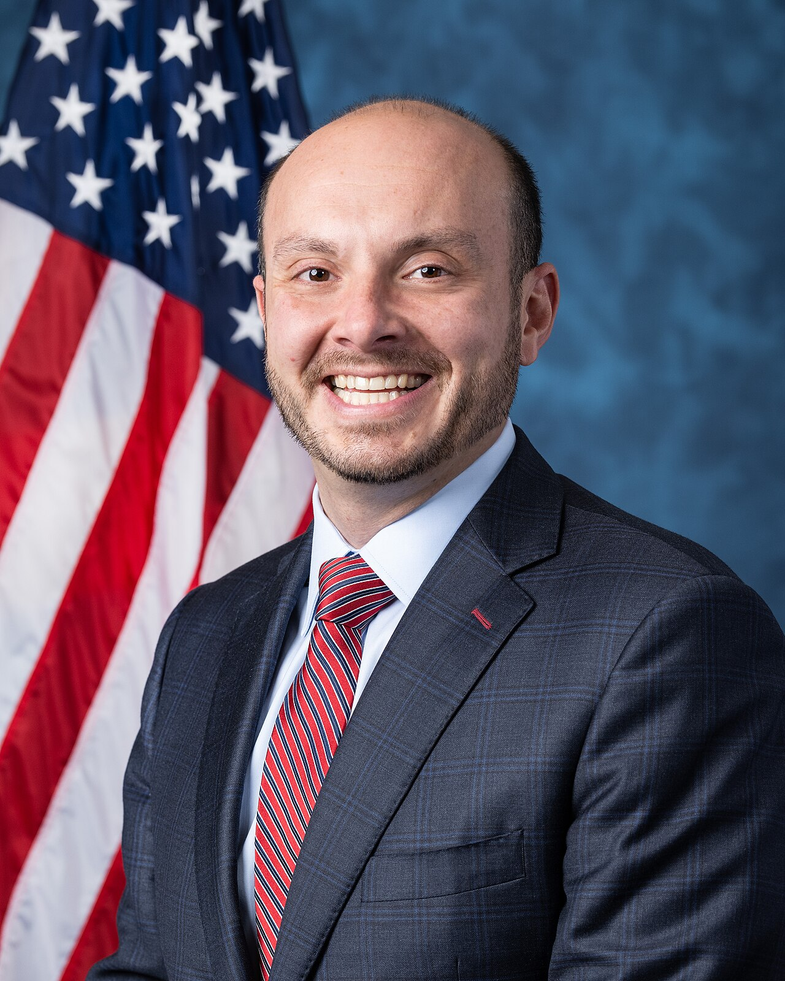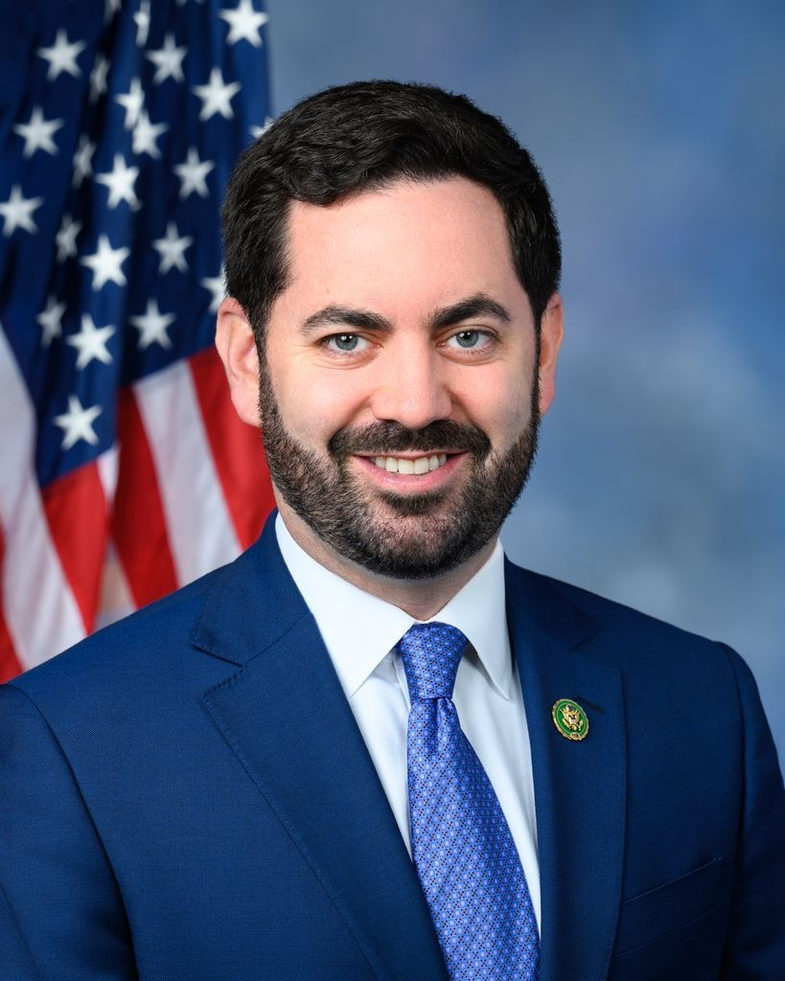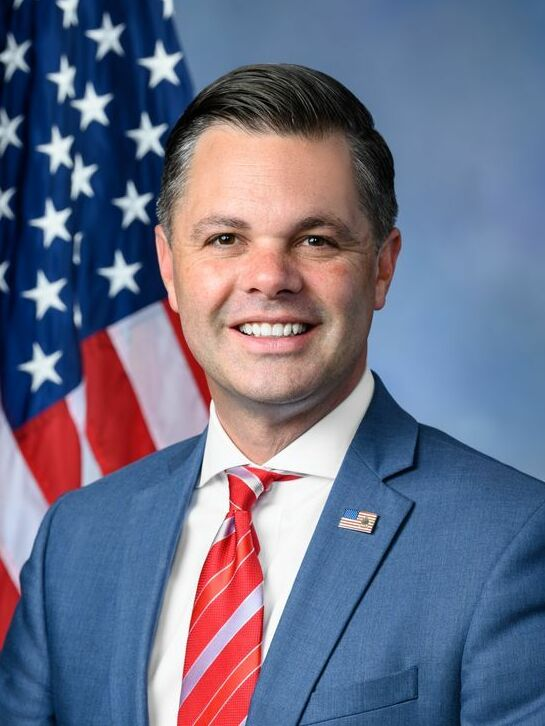H.R. 4019: Gio’s Law
This bill, known as Gio’s Law, aims to enhance the ability of law enforcement officers to respond to cases of severe allergic reactions (anaphylaxis) by providing them with access to epinephrine products and training for their administration. Below are the key components of the bill:
Grant Program for Epinephrine Access
The bill establishes a grant program under the Omnibus Crime Control and Safe Streets Act of 1968. This program will allow the U.S. Attorney General to make grants available to states and local governments for two main purposes:
- To purchase epinephrine products for use by state, local, and tribal law enforcement agencies.
- To train law enforcement officers on the proper use of these products.
Training Requirements
Within 180 days of the bill becoming law, the Attorney General is required to develop or identify training curricula that will help law enforcement officers:
- Recognize the symptoms of an anaphylactic reaction.
- Correctly administer epinephrine products to individuals believed to be experiencing such reactions.
Grant Application Process
To apply for the grants, the chief executive of a state or local government must submit an application to the Attorney General. This application must include specific information, particularly a certification from the state attorney general that officers are protected from civil liability when administering epinephrine in emergencies.
Definition of Epinephrine Products
The bill defines "epinephrine products" to include:
- An epinephrine auto-injector, which is commonly used to treat severe allergic reactions.
- Other products that help administer epinephrine without injection.
Funding Authorization
The bill authorizes appropriations of $25 million each year from fiscal year 2026 to 2030 to implement the grant program.
Annual Reporting Requirement
The Attorney General must provide an annual report to Congress regarding the frequency with which law enforcement officers administer epinephrine products. This data will help assess the effectiveness and usage of the program.
Public Awareness Campaign
Within 180 days of the bill's enactment, the Attorney General, in cooperation with the Secretary of Health and Human Services, must design and carry out a public awareness campaign. This campaign will focus on:
- The symptoms of anaphylaxis.
- The role of law enforcement and first responders in the administration of epinephrine products.
Relevant Companies
None found
This is an AI-generated summary of the bill text. There may be mistakes.
Sponsors
5 bill sponsors
Actions
2 actions
| Date | Action |
|---|---|
| Jun. 17, 2025 | Introduced in House |
| Jun. 17, 2025 | Referred to the House Committee on the Judiciary. |
Corporate Lobbying
0 companies lobbying
None found.
* Note that there can be significant delays in lobbying disclosures, and our data may be incomplete.
Potentially Relevant Congressional Stock Trades
No relevant congressional stock trades found.




